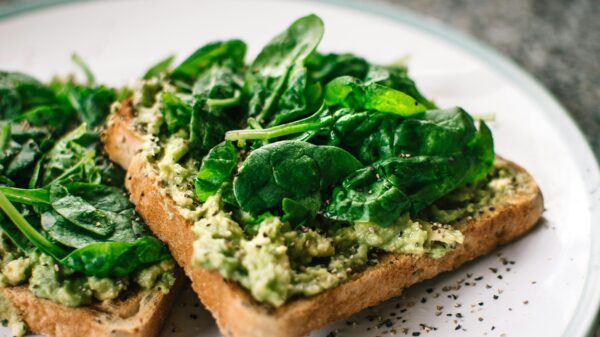A survey digging into America’s cannabis habits amid legalization efforts has answered one burning question: do people want to light up with their grandparents?
It turns out, 60 per cent of weed smokers south of the border would.
Private edibles company Azuca surveyed Americans’ cannabis use habits by asking people who use pot “important questions as federal legalization nears, while also uncovering which form of cannabis consumers are looking for.”
Read more: SAFE Banking Act inclusion in defence bill improves odds of passing Senate, lawyer says
“Overall, 58 per cent of Americans believe cannabis is the future of pain management,” the survey continues.
Most (64 per cent) of cannabis users said they consume it for relaxation, while 43 per cent use it as a sleep aid and 40 per cent for pain management. Weed use is recreational for 39 per cent of respondents, and 37 per cent said they use it for health and wellness.
Even if regulated stores were more expensive than illicit sources, 60 per cent said they would still buy from legal pot shops.
Read more: Ontario edibles maker says legacy reputation has followed them to legal market
As for cannabis understanding, the survey found 70 per cent of Americans know the difference between THC and CBD, and 45 per cent know what microdosing is and how to do it.
For Americans who consume pot, 28 per cent said they do so daily, 15 per cent monthly, 18 per cent weekly and 39 per cent a few times a year.

Fewer Canadians are enticed by edibles since legalization. Image via Deposit Photos
The edibles company found that of the cannabis consumers surveyed, more than half (52 per cent) reached for a weed gummy over smoking (39 per cent) and vaping weed (22 per cent). Thirty per cent preferred chocolate over another type of edible and 17 per cent liked beverages more.
Throughout the pandemic, 53 per cent said they have upped their intake of edibles. Fifty-four per cent wanted the effect of edibles to kick in faster and 62 per cent preferred their edibles with little or no cannabis taste.
The survey confirmed that edibles are the future of the cannabis industry, according to president and CEO Kim Sanchez Rael.
“The survey also reveals there is still a need to educate Americans about cannabis. While consumer demand is growing exponentially, now is the time to bring sophisticated and approachable products to market that people can trust.”
In Canada, a recent survey came to the opposite conclusion, finding that Canadians’ appetite for cannabis consumables was dwindling.
Read more: Canadians’ edibles excitement dips as legal weed support soars, report shows
Azuca’s “Americans and Cannabis Consumption Survey” used a sample of 1,089 people spanning across U.S. regions and income levels. Of those surveyed, more than half identified as cannabis consumers. The sample was weighted to reflect the gender and age distribution across the 18–60-plus age bracket in the U.S., the company adds.
Follow Kathryn Tindale on Twitter
kathryn@mugglehead.com














